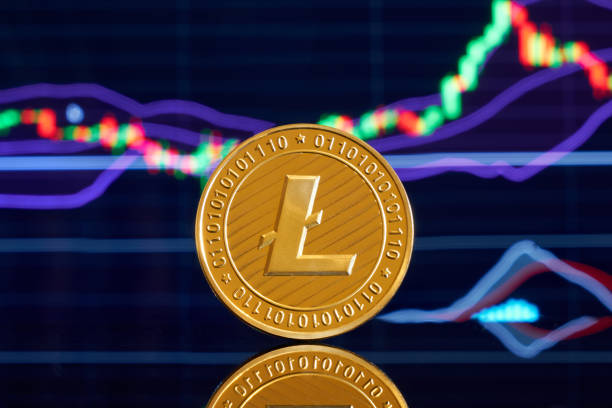Crypto regulations in South Korea need exchanges to enforce stringent AML and KYC guidelines. Major crypto exchanges have already delisted privacy coins in the past too.
In the latest news, major crypto exchanges in South Korea have delisted Litecoin (LTC) weeks after flagging its privacy-focused MimbleWimble (MWEB) upgrade.
Through an official public announcement on June 8, 2022, Upbit highlighted the Act on the Reporting and Use of Specific Financial Transaction Information that prevent anonymous transactions as the main reason for ending support for LTC.
This delisting comes in the wake of the much-awaited MWEB upgrade that made litecoin transactions private, hiding some of the key identifiers. The upgrade was unveiled earlier this year, nearly two years after its first proposal
The cryptocurrency exchange reached out to the Litecoin Foundation to comprehend the privacy-focused upgrade, and after an extensive review, the exchange decided to end the support for LTC transactions. Notably, exchange users have 30 days to withdraw their litecoin funds. Upbit said in its official report:
“We decided to terminate the transaction support for Litecoin (LTC), as it was determined that the optional function that does not expose transaction information included in this network upgrade corresponds to an anonymous transmission technology under the Specific Financial Information Act.”
Based on a report from the 8BTC, five major crypto exchanges including Coinone, Upbit, Gopax, Korbit, and Bithumb have delisted LTC from their platforms.
Buy Bitcoin NowFive major South Korean #crypto exchanges – Upbit, Bithumb, Coinone, Korbit and Gopax announced to delist #Litecoin (LTC)https://t.co/p1SdMr1Gu5
— 8BTCnews (@btcinchina) June 8, 2022
South Korea Exchanges Issue Warnings For Investors
Upbit joined other major crypto exchanges to issue a warning for investors in the last week of May, advising them about the many regulatory risks that come with confidential transactions.
South Korea has some of the strictest crypto regulations globally, and the Specific Financial Information Act is among them. Under the said rule, cryptocurrency exchanges are needed to enforce stringent know your customer (KYC) and anti-money laundering (AML) policies, and anonymous transactions are prohibited.
The delisting of litecoin was expected mostly after a warning by crypto exchanges earlier this year. Korean exchanges have now delisted many other privacy coins in the past too.









